Learn All About Enchanting Eyelet Fabric
Open up to this pretty fabric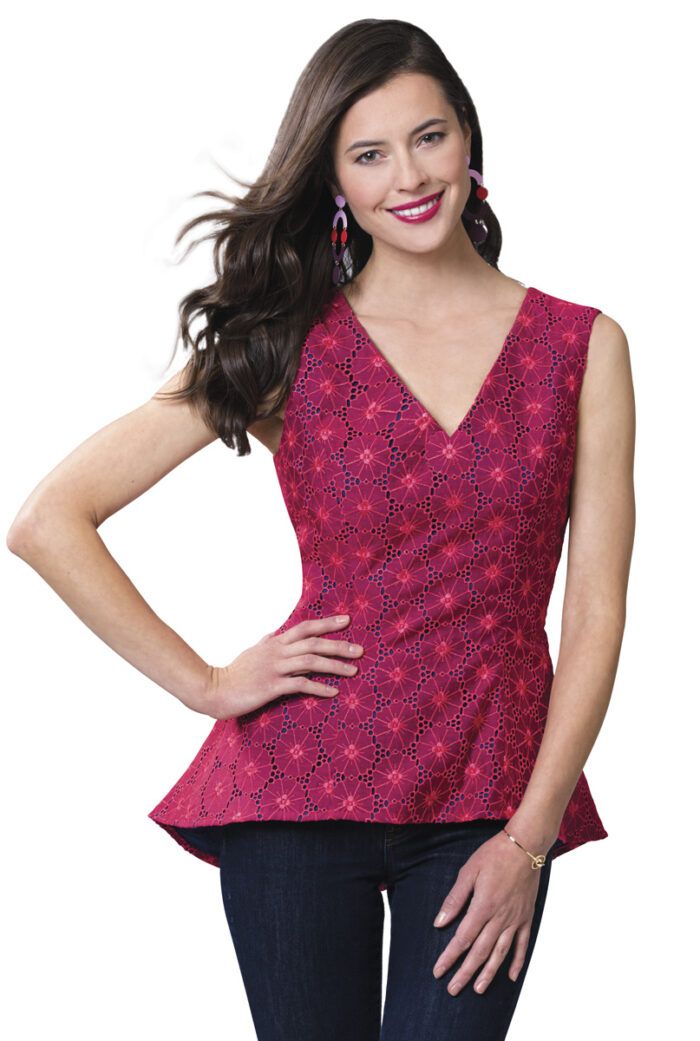
Eyelet fabric is at once nostalgic and modern. Garments made in eyelet fabrics can be simple, sweet, frilly, romantic, whimsical, elegant, or edgy, depending on pattern choice and application.
Eyelet is typically a lightweight woven in which a pattern is made by cutting small holes. The openings’ edges are finished with buttonhole stitches in matching or contrasting embroidery thread. This form of cutwork isn’t a true lace but can be used similarly. Eyelet may feature a border design, allover design, or both. These fabrics come in many colors, however white versions, called whitework, broderie anglaise (meaning English embroidery), or Madeira work (which denotes examples from the Portuguese island) are the timeless examples.
Cutwork history
Examples of eyelet date to the 16th century in Eastern Europe. Broderie anglaise is tied with England because of its popularity there during the 19th century for women’s underclothing and children’s garments.
Eyelet was originally cut and embroidered by hand. In some cases, holes were punched with an embroidery stiletto before finishing the edge; in other cases, the fabric was embroidered first, then holes were cut with scissors.
Modern manufacture
These days, eyelet is primarily made with a buttonhole stitch outline using a Schiffli embroidery machine. These machines were developed in the 1860s, and the technology is still used today. Base fabrics are usually cotton, polyester/cotton, or linen; batiste, broadcloth, and organdy are common. After embroidery, the shapes are cut or punched out.
The next time you’re thinking of sewing with a print, consider using eyelet instead for lovely dimension and texture.
Design considerations
Eyelet fabrics are perfect for blouses, dresses, summer clothing, loose-fitting shorts, skirts, pants, and simple jackets. Eyelet can also be used as a border detail or insertion on a garment. Consider combining multiple eyelet patterns as…
Start your 14-day FREE trial to access this story.
Start your FREE trial today and get instant access to this article plus access to all Threads Insider content.
Start Your Free TrialAlready an Insider? Log in


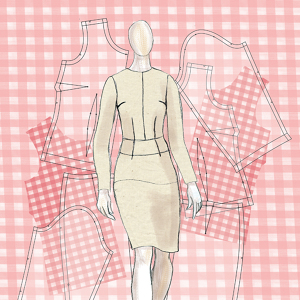
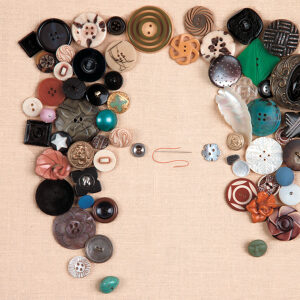
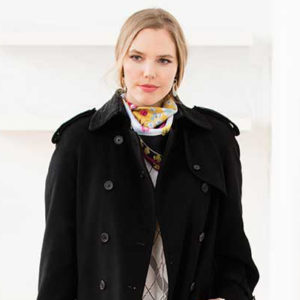
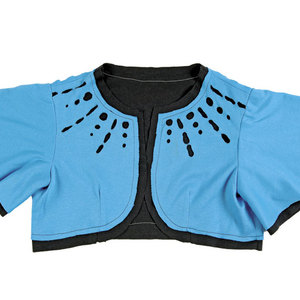
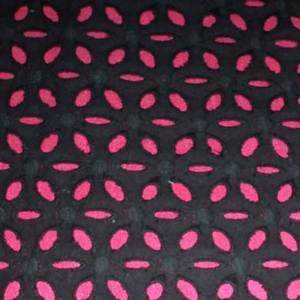


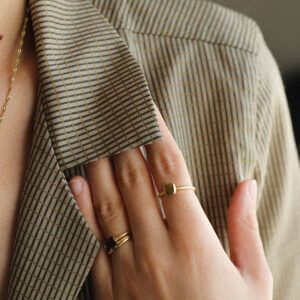
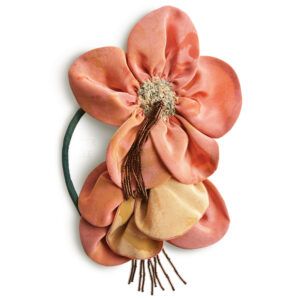
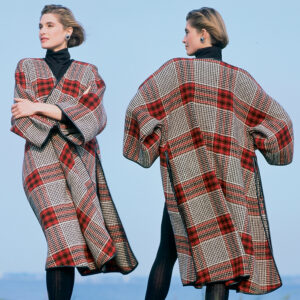
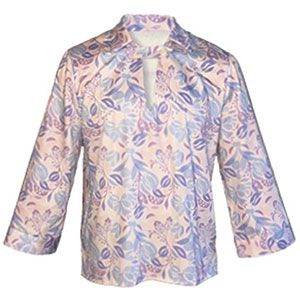
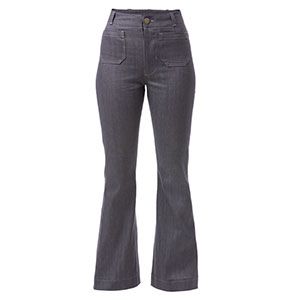
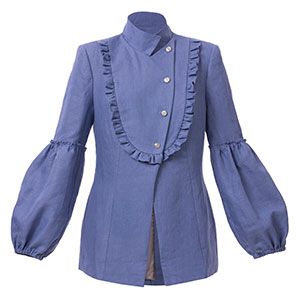
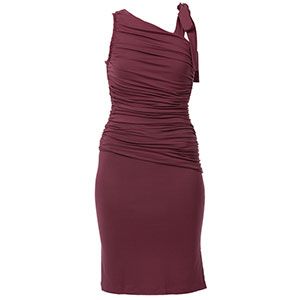
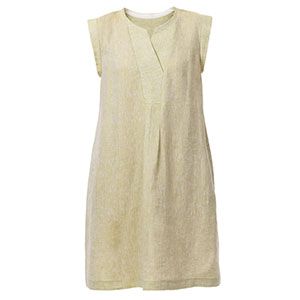
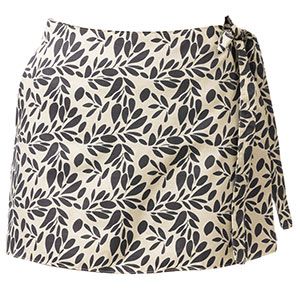
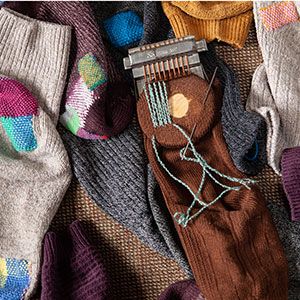
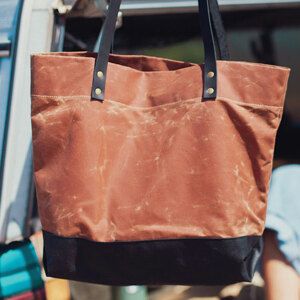
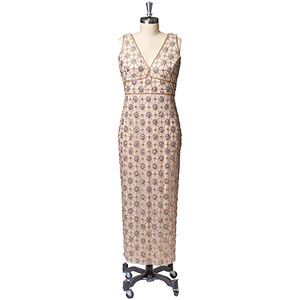
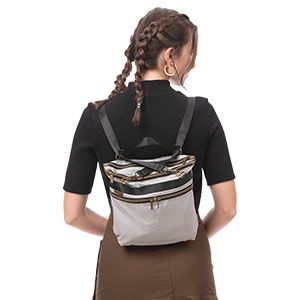
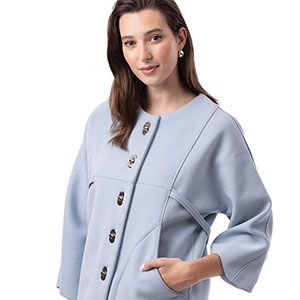
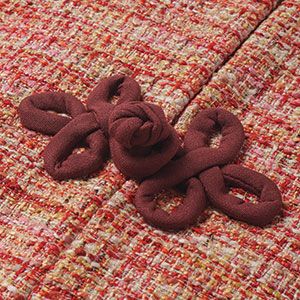
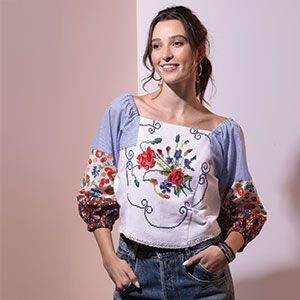




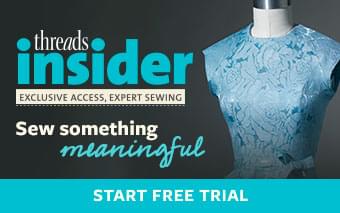



Log in or become a member to post a comment.
Sign up Log in